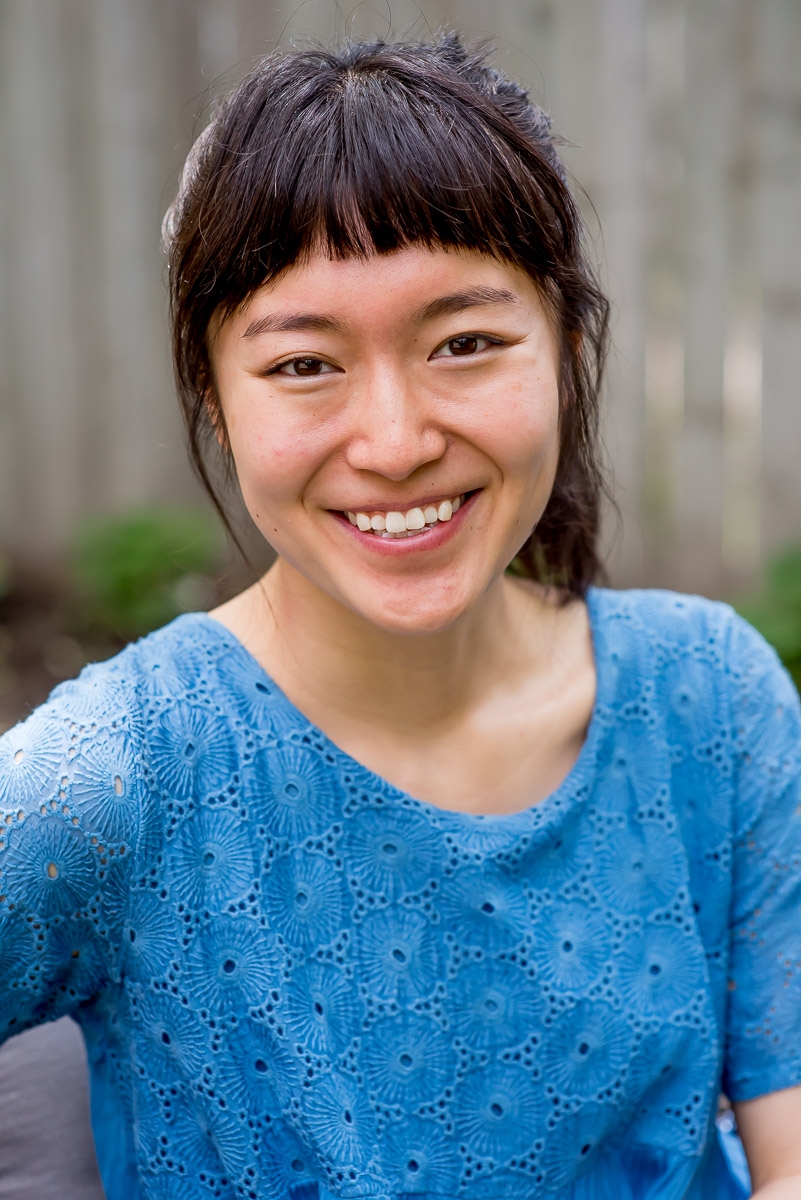News and Releases

Student Profiles
‘For the straight way was lost’: Navigating faith, grad studies, and mental illness
Tuesday, July 14, 2020 @ 12:04 PM | Student Profiles

When MA Theology student Grace Kang was diagnosed with bipolar disorder, she found herself forced to re-evaluate almost everything. So she went to grad school.
Haeon Grace Kang—Grace, in Anglophone circles—came to CMU searching for God: "I thought that studying God might help me to find a more intimate relationship with God. So far, I'd say that has worked out," she says.
She chased heaven through a BA in Theology with Psychology minor, completed in 2018, and into an MA with the Graduate School of Theology and Ministry. Her current thesis work explores the relationship between spirituality and mental health, foregrounding Christian mystics Teresa of Avila and John of the Cross.
That Kang has found kinship with these particular figures—one famous for her ecstasy, the other for his dark night of the soul—is no enigma. As described in her recent article "Seeing angels: Christianity and the bipolar experience," her own path to intimacy with the Divine has encompassed similar heights and depths (Vision 21:1, 2020, 51-53).
In 2015, 'midway upon the journey' of her first degree, Kang began experiencing "intense visions," personal acquaintance with saints and angels, and a kind of unbounded energy (51). The following summer there came a "dramatic shift in temperament" and plunge into long despair. Kang was ultimately diagnosed with bipolar disorder (51).
Mystics invite other disciples to open their minds to the extremity of possible experience. Engaging that call, Christian seekers throughout history have used various metrics to help them navigate the sometimes-hazy differences between passion and disorder, transcendence and break from reality. Kang says that community impact has been an important metric for her, though not without its complications.
"Seeing angels" describes the enthusiasm with which Kang's undergrad friends embraced the charismatic expression of her mania, as she "bounded around praying for strangers" (51). It also describes the tension she later felt between willingness to accept her diagnosis, and reluctance to write off those ecstatic experiences: "Remembering the positive impact they had on my community, I began to suspect that dismissing these [entirely] as mania may not be truthful" (52).
Perhaps like Dante, that other pilgrim of dark depths and transcendent heights, Kang pursued the turning path of research (read: re – search) because 'the straight way was lost,' and because grad school promised companionship on the road to new insight.

"Wrestling with my own diagnosis, I couldn't seem to find where God fit in it all, even though I knew God is always with me. I pursued further study so that I could dedicate time to searching for God amidst my own struggles, learn what God had to say about mental illness, in the hopes that one day what I learned might benefit someone else struggling with similar things."
"Exploring the mystics has really been a life-saver. One of the greatest influences in my life has been John of the Cross. I always thought my suffering was meaningless, but John's writings showed me that entering into my pain with God could transform that pain into something that brings me closer to God instead of holding me apart."
Kang's studies are still underway, as is her healing and her quest for some balanced way to understand the strange harmonies between what she has known as mania, and what she has known as oneness with God. The work is hard—it has taken three dramatic years to find the balance of drugs and therapy that now keep her stable—but she has never doubted her decision to enter graduate school.
"Together we can see the world more clearly than apart because everyone holds a unique perspective that others will never experience. We will always choose which voices to elevate and which to dismiss, and of course, the voice of community must be balanced with other authorities like scripture, church tradition, and science. But having people from different walks of life evaluate my experience has broadened my perspective on what it really was or could be" she says.
"There are positive things that have arisen from my bipolar, including increased creativity and a broadened perspective. If I had never seen life from the highest peaks to the lowest valleys, I would not see the world as I do today. There is so much beauty in the world, some that can only be described as Divine. And there is great suffering. I know what it is like to feel both, often at the same time. The world is so wonderfully complex, and I'm just touching the beginning of it."
KEYWORDS: GSTM, Graduate School of Theology and Ministry, grad studies, student profile, graduate studies, mental health

 Print This Article
Print This Article